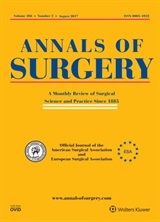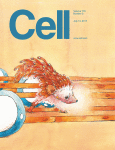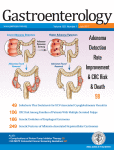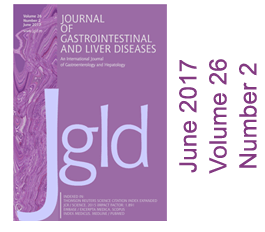 On June 19, 2017, the U.S. Office of Research Integrity published its first misconduct finding of the year. The ORI reported that Brandi M. Baughman — a former research training awardee at the National Institute of Environmental and Health Sciences (NIEHS) — had “falsified and/or fabricated data” in 11 figures in a 2016 paper published in PLOS ONE.
On June 19, 2017, the U.S. Office of Research Integrity published its first misconduct finding of the year. The ORI reported that Brandi M. Baughman — a former research training awardee at the National Institute of Environmental and Health Sciences (NIEHS) — had “falsified and/or fabricated data” in 11 figures in a 2016 paper published in PLOS ONE.
Two days later, on June 21, PLOS ONE retracted the paper. (Note: The retraction process proceeded relatively quickly, but took longer than two days; a spokesperson for the journal told us that the authors alerted the editors of their concerns about the publication in May.) Continue reading PLOS ONE retracts paper after researcher admits to fabricating data

 The Annals of Surgery has retracted a paper that used only male pronouns to describe surgeons following outcry from readers.
The Annals of Surgery has retracted a paper that used only male pronouns to describe surgeons following outcry from readers.




 A volunteer researcher at Florida Atlantic University fabricated the results of mouse experiments over a 14-day period in June, 2016, according to a
A volunteer researcher at Florida Atlantic University fabricated the results of mouse experiments over a 14-day period in June, 2016, according to a 